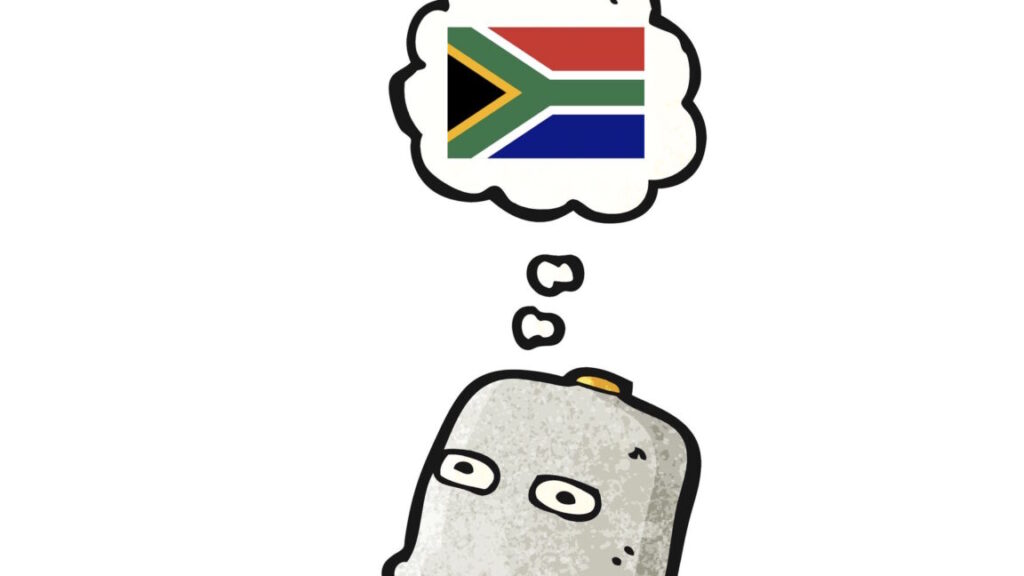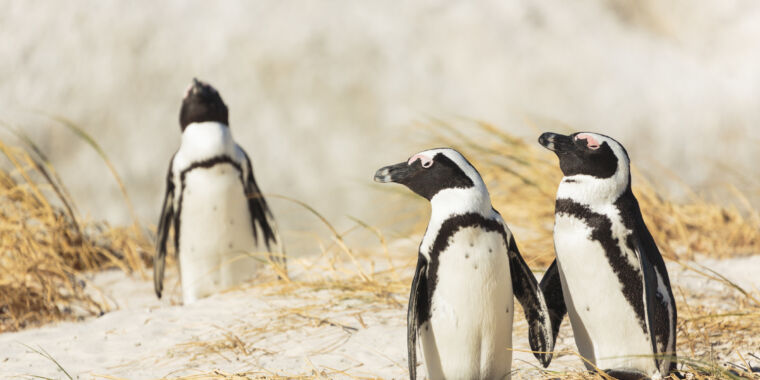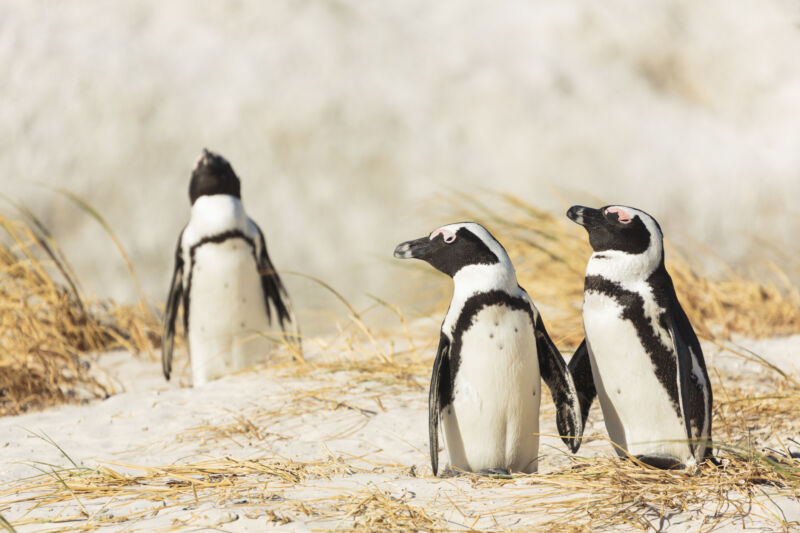Taiwan starts weaponizing chip access after US urged it to, expert says
Taiwan has begun evolving its trade strategy to start wielding its dominant position as a leading supplier of cutting-edge chips as a weapon, Bloomberg reported.
The move comes amid Donald Trump’s heightening global trade war and after years of Taiwan’s use of its chip dominance as a shield against Chinese aggression, with Taiwan allying with the US to stave off China’s threats of invasion. Under the so-called “one-China principle,” China has rejected Taiwan’s independence, requiring allies to sever ties with Taiwan.
On Tuesday, Taiwan announced that it would be limiting shipments of semiconductors into South Africa—among 47 restricted products—due to national security concerns. The rare export curbs could hit South Africa’s “electronics, telecom, and auto parts sectors” hard, MSN reported, if South Africa doesn’t meet with Taiwan to discuss better terms within the next 60 days.
As Bloomberg previously reported, Taiwan is upset that South Africa unilaterally moved to relocate Taiwan’s embassy from Pretoria to Johannesburg after meeting with China’s president, Xi Jinping, in 2023. As a major ally to China, South Africa recently intensified pressure to move the embassy in July ahead of another meeting in November that Xi is expected to attend—attempting to signal that South Africa was weakening ties with Taiwan, as China had demanded.
Taiwan’s Ministry of Foreign Affairs immediately protested South Africa’s efforts in July, accusing South Africa of suppressing Taiwan and promising countermeasures if South Africa refused to consult with Taiwan on the embassy relocation.
In a statement, South Africa’s foreign ministry spokesperson, Chrispin Phiri, insisted that South Africa’s ties with Taiwan are “non-political,” while noting that “South Africa is a critical supplier of platinum group metals, like palladium, essential to the global semiconductor industry,” Bloomberg reported.
On Wednesday, China’s foreign ministry spokesperson, Guo Jiakun, criticized Taiwan’s export curbs as “a deliberate move to destabilize global chip industrial and supply chains and counter the prevailing international commitment to the one-China principle by weaponizing chips.”
Taiwan starts weaponizing chip access after US urged it to, expert says Read More »



